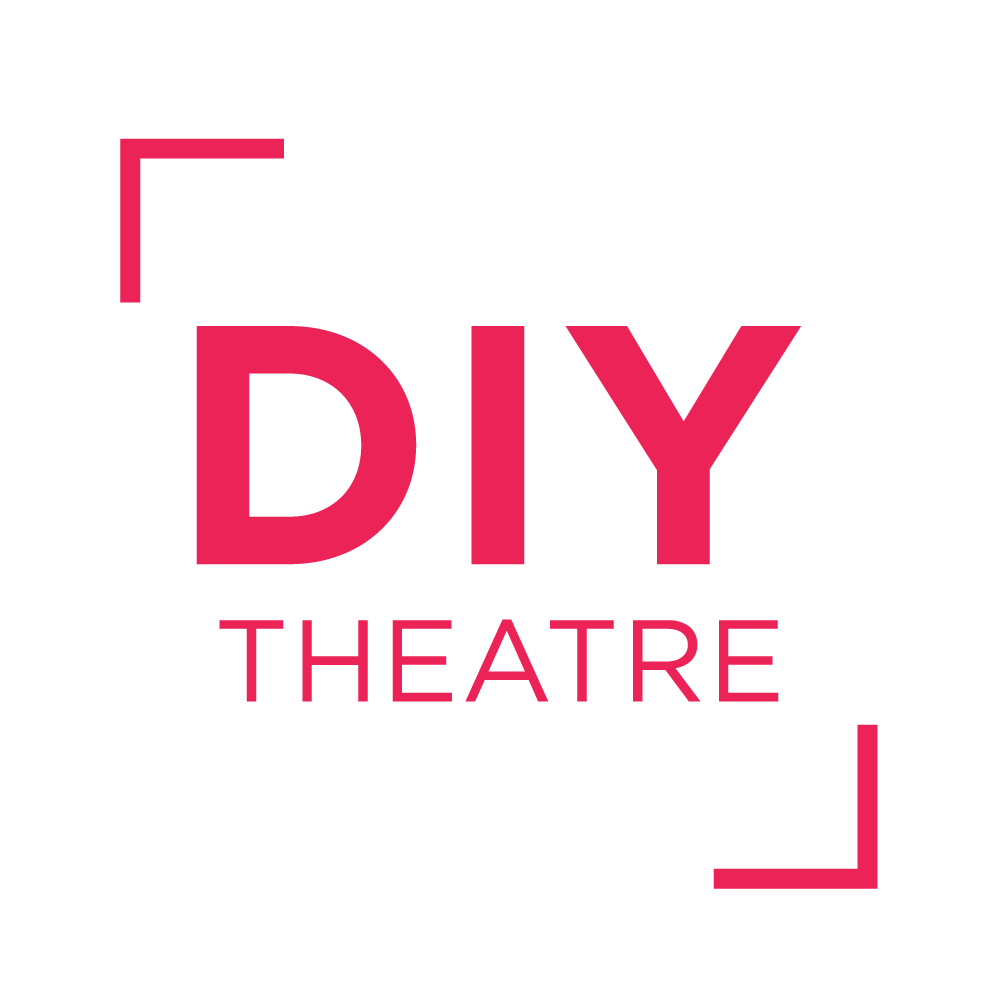Conversations with Creators: Shelby Reinitz
We caught up with Shelby Reinitz - our Director for Half The Battle - to learn more about the Sage Stepping Stone mentoring experience.
How much research did you do on this project?
This project was really different from most productions with regard to the research process for me. I've, of course, done a lot of digging into the RCAF, and the entire production team had an amazing tour of the Military Museums, which was incredibly valuable to all of us. But because I also know that Owen has done extensive research (I'm talking years and years) and really enriched the script with some specific details and insight based on what he has learned. And, because this transfers directly to him as a performer, I have found it valuable to spend time balancing the production from a dramatic aspect.
My role is to bring his story to life, to dramatize history in a unique way that supports both the story itself, and the history behind it. I know that we have the historical aspect down, so it's my job to amplify the storytelling aspect of the production in a way that is complimentary to the historical aspect.
What did the process look like? How is this different from any other play you have done?
It's been different on a lot of levels. The story is unlike anything that DIY has done before, so it's been exciting to infuse new processes and new ways of thinking into this production. We've never done a one person show, and certainly not a one person show where the actor is also the playwright, so that's been interesting - in a good way!
What was your favourite part?
My favourite part of the process is building the vision. We have a fantastic team that knows how to work together and support one another. We are always bouncing ideas off of one another, and we really build the production together. This isn't unique to this specific show, but I always love the fact that our production members - both on and off stage - all really work together to create the show. We don't really believe in a distinct separation of roles, and we all listen and learn from each other. It's actually hard sometimes to write down who is responsible for what when we are doing things like creating the program. That's why we sometimes don't even credit a specific person for certain aspects - usually relating to design. It's a collective process, and there are often too many individuals to name!
Most challenging?
The most challenging part is building a new vision for a show that has been produced multiple times before by the writer/performer. I want to stay true to the script and the original vision, but also make this a worthwhile and rewarding process for the artists involved that maybe says something a little different than other versions have. I think it's important to find the tidbits in the script that may not have been pulled out before, and to really try and make it a new, exciting show for everyone.
What does the Stepping Stone program mean to you?
The Stepping Stone project has been amazing. We are so grateful to have the support and encouragement of Sage Theatre, and we are really looking forward to continuing the partnership we've created. It's funny - we actually had a conversation in rehearsal the other day about how the best way to get cast in a show is to be seen in another show, and how this creates a challenging climate for newer performers in the industry.
I've had similar conversations with prospective directors and technicians as well. Programs like the Stepping Stone project are aiming to help artists to bridge the gap between semi-professional and professional theatre, which is really difficult to do without support and mentorship. While we love what we do at DIY Theatre, and plan to do it for years to come, as individual artists, we also want to be able to explore and build our careers and help others do the same. In that respect, this has been a once in a lifetime opportunity.

